
As our beloved cats enter their golden years, their needs change. To ensure they enjoy a high quality of life, it’s crucial to adapt our care routines. Here’s how to prioritize senior cat care effectively.
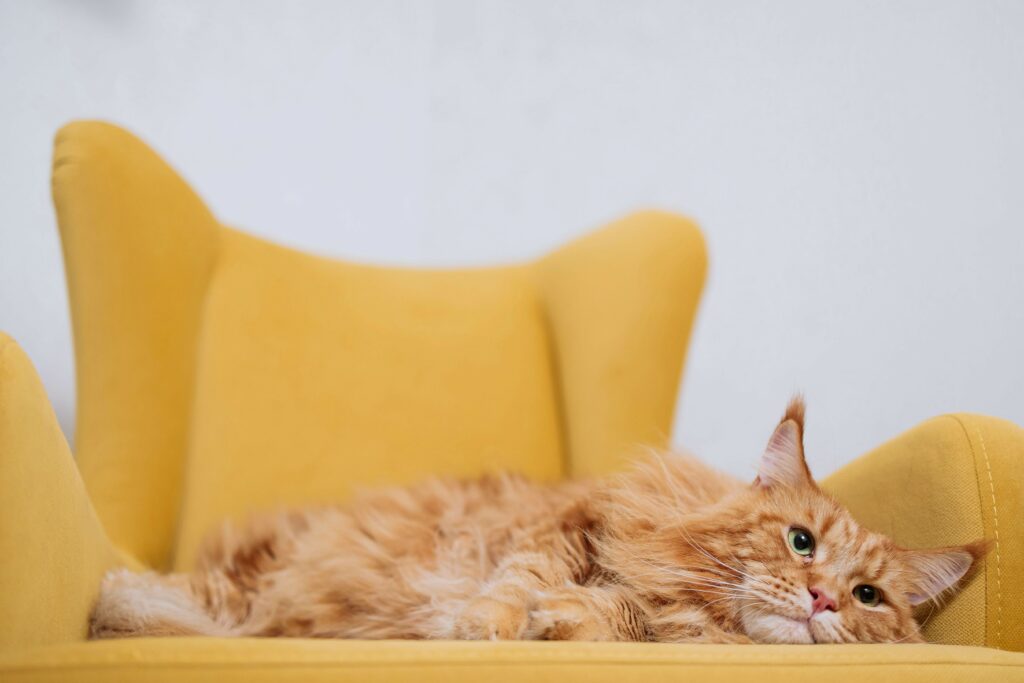
Understanding the Aging Process in Cats
Cats are generally considered senior at around 10-12 years of age, although some might start exhibiting signs of aging earlier or later. Understanding the physical and behavioral changes that come with aging helps ensure your cat remains happy and healthy.
As your feline friend ages, they may experience decreased mobility, weight fluctuations, or dental problems. Senior cats can also develop cognitive decline or kidney disease, requiring attentive care. Recognizing these signs and knowing when to seek veterinary advice is the first step in senior cat care.
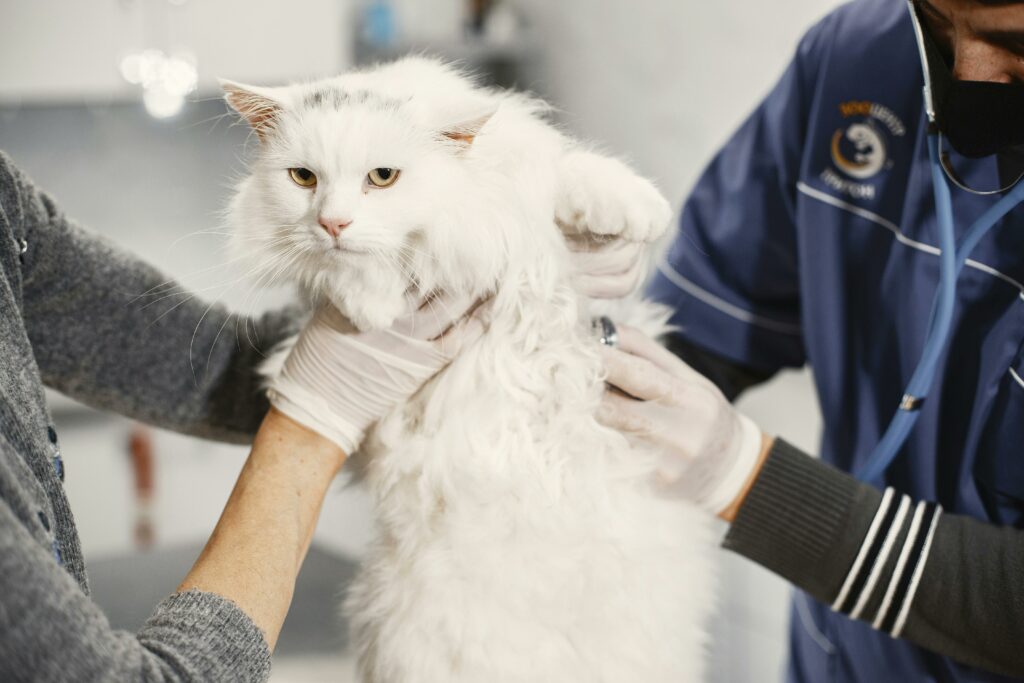
Prioritizing Regular Vet Visits
Regular veterinary check-ups become increasingly important as cats age. It is recommended to take your senior cat to the vet at least twice a year. Routine blood tests and physical examinations can help detect and manage age-related conditions early.
Key Veterinary Screenings:
- Blood Work and Urinalysis: These tests check for kidney issues, diabetes, and thyroid dysfunction.
- Dental Exams: Oral health is crucial, as dental disease is common in senior cats and can affect overall well-being.
- Weight Monitoring: Unexpected weight loss or gain may indicate underlying health issues.
Ensure vaccinations and parasite prevention treatments are kept up to date. Proactive health measures form the backbone of comprehensive senior cat care.

Adjusting Nutrition for Senior Cats
Dietary needs change as cats age, and proper nutrition can significantly improve a senior cat’s quality of life. Older cats may benefit from a diet lower in calories but enriched with high-quality proteins and essential nutrients. Omega-3 fatty acids, for example, can aid joint health and reduce inflammation. Special senior cat foods are formulated to support aging bodies and may contain extra fiber to aid digestion.
Nutrition Tips:
- Provide easy access to fresh water, as senior cats can be prone to dehydration.
- Consult your vet for specialized diets if your cat has specific health conditions like kidney disease or arthritis.
- Use multiple, easily accessible feeding stations, especially if your cat has mobility issues.
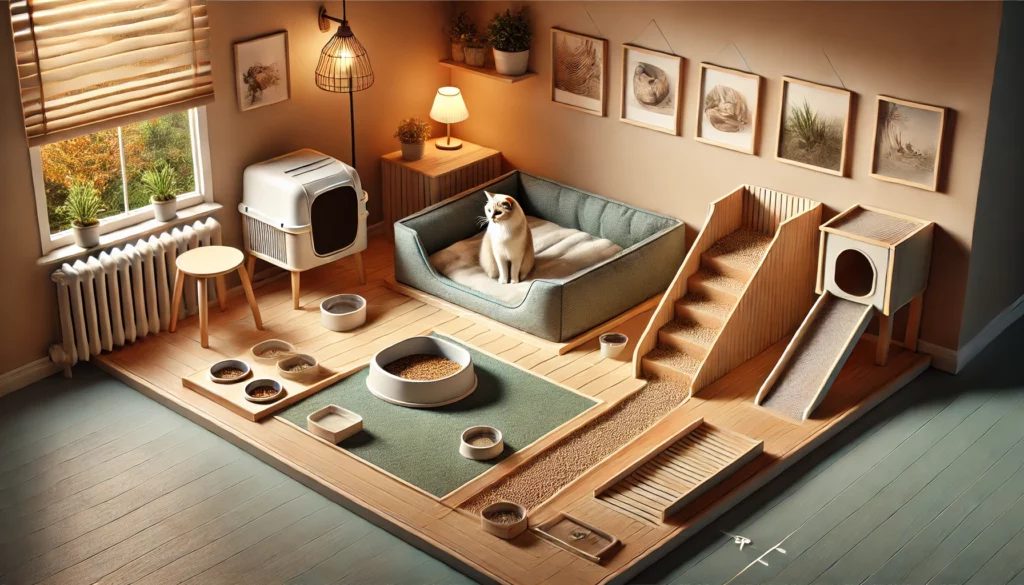
Creating a Comfortable Home Environment
Your cat’s comfort is paramount. Older cats often face difficulties navigating their environment due to joint pain or vision impairment. Making simple adjustments to your home can make a world of difference.
- Soft, Warm Beds: Provide supportive bedding in areas your cat frequents. Heated cat beds can soothe aging joints.
- Easy Access to Litter Boxes: Place litter boxes in easily accessible locations and consider low-sided boxes for cats with arthritis.
- Elevated Food and Water Bowls: Using raised bowls can ease strain on your cat’s neck and spine.
Place ramps or steps near favorite resting spots, so your cat can still reach window perches or sofas. Keeping your home quiet and stress-free also benefits your cat’s mental and emotional health.
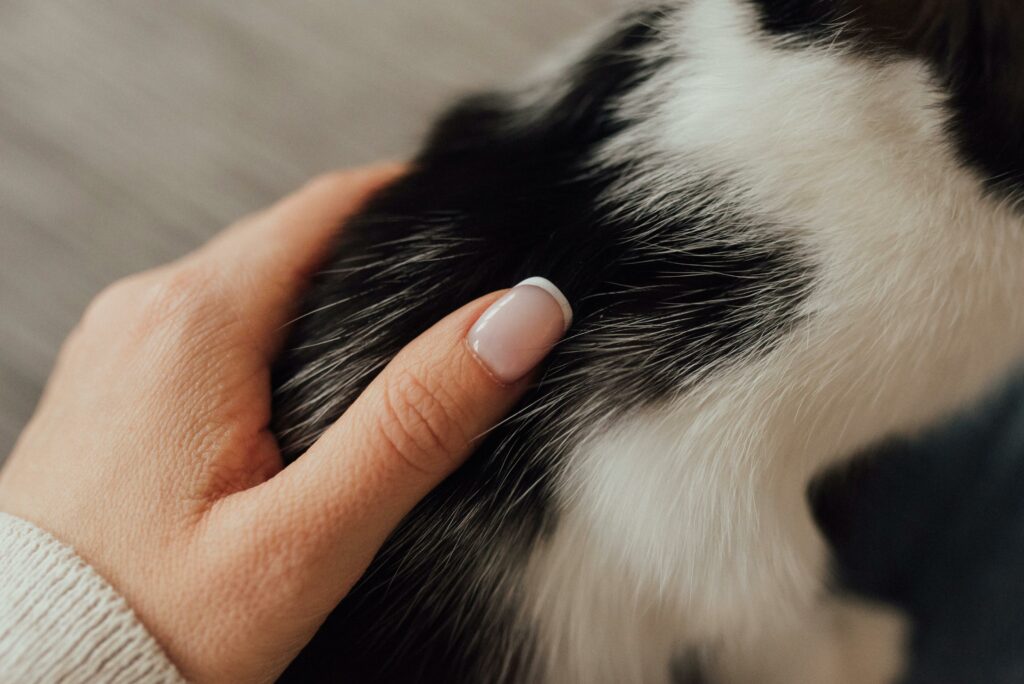
Supporting Mobility and Joint Health
Arthritis and joint stiffness are common in senior cats. Fortunately, there are ways to support mobility and keep your cat active.
- Interactive Play: Gentle play sessions with wand toys encourage movement without overstressing aging bodies.
- Joint Supplements: Glucosamine and chondroitin supplements may be beneficial; consult your vet for guidance.
- Massage and Physical Therapy: Regular, gentle massages can improve circulation and reduce discomfort. Your vet might also recommend professional physical therapy.
Remember, even short, gentle bursts of exercise can help maintain your cat’s muscle tone.
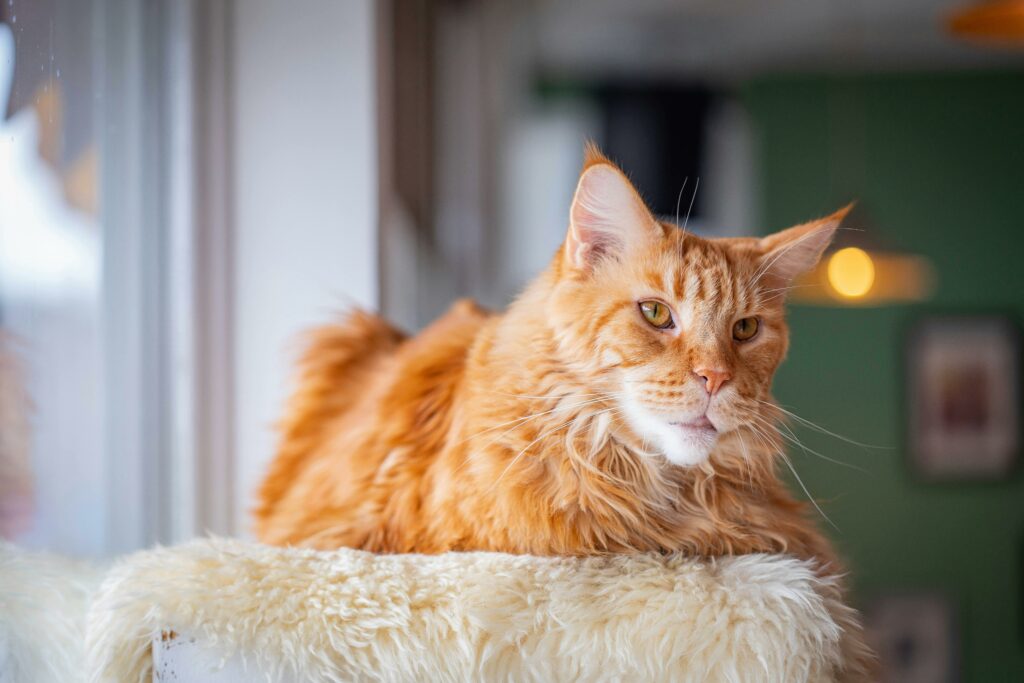
Monitoring Behavior and Mental Health
Cognitive dysfunction syndrome (CDS), akin to dementia in humans, can affect older cats. Symptoms include confusion, changes in sleeping patterns, and increased vocalization. It’s essential to keep your cat mentally stimulated to slow cognitive decline.
- Puzzle Toys and Interactive Feeders: These keep your cat engaged and mentally sharp.
- Routine and Consistency: Cats thrive on routine. Minimize sudden changes to your home environment.
- Safe Outdoor Enrichment: If your cat enjoys being outdoors, ensure it is a secure, enclosed space.
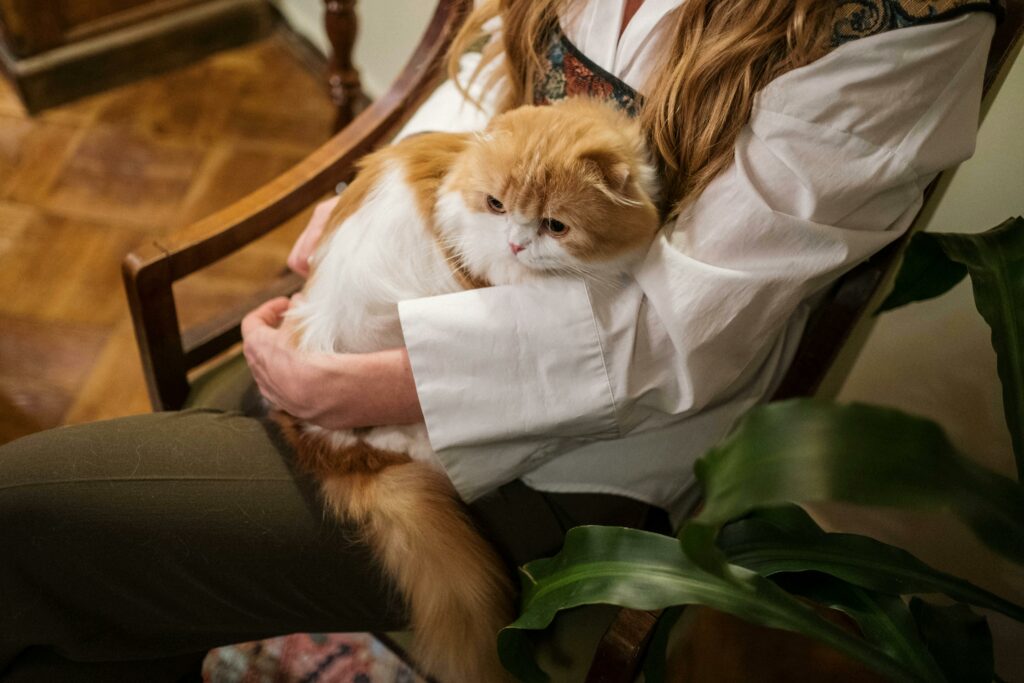
Providing Emotional Support and Attention
Senior cats may become more affectionate or, conversely, more withdrawn as they age. Pay attention to changes in behavior and offer gentle reassurance. Regular bonding time through petting, grooming, and quiet companionship helps strengthen your relationship.
Cats are sensitive creatures, and the comfort of familiar surroundings and people becomes even more vital as they age. A loving and stable home environment is essential for senior cat care.
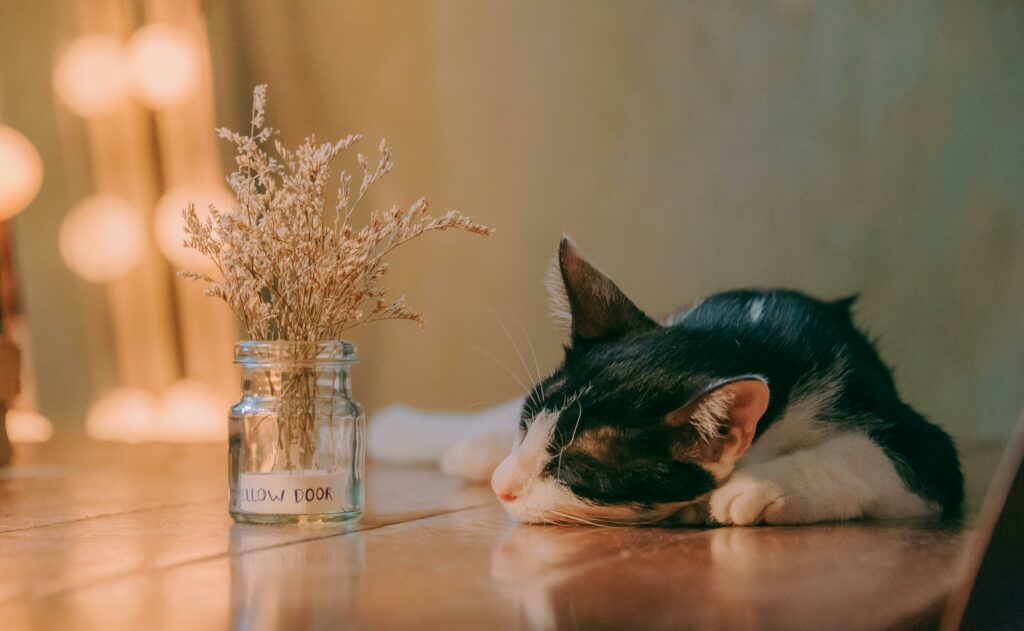
Recognizing End-of-Life Needs
Though difficult, it’s essential to consider your cat’s quality of life as they reach the end of their journey. Palliative care and discussions with your vet can help you understand when it’s time to make difficult decisions. Focus on minimizing pain and providing comfort.
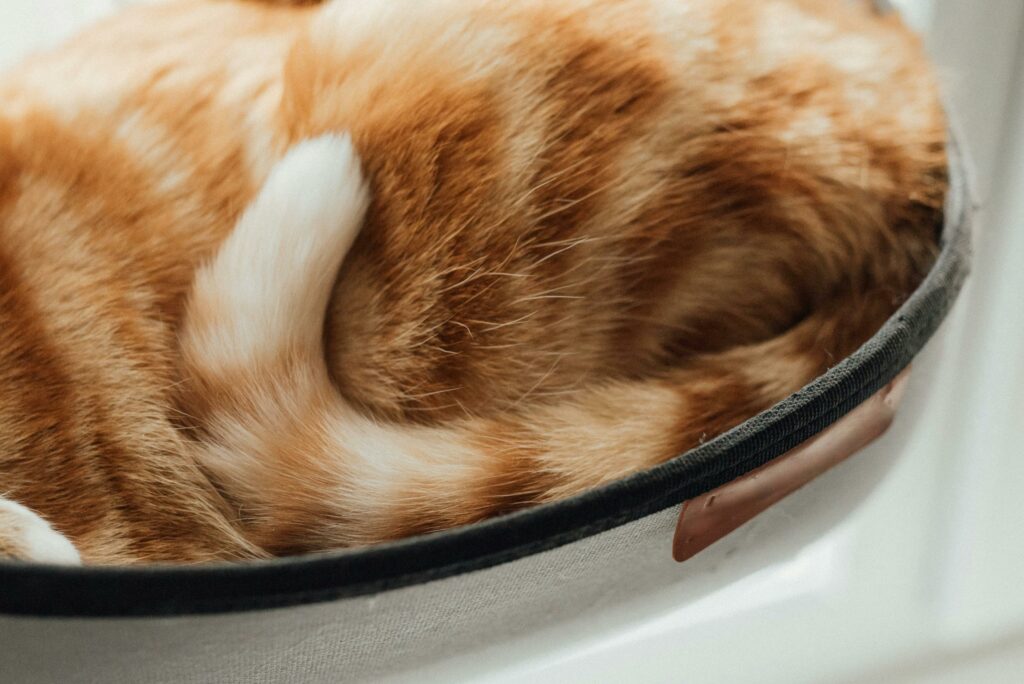
Conclusion
Caring for a senior cat can be deeply rewarding. By understanding their changing needs, prioritizing veterinary care, and making thoughtful adjustments to their environment, you can ensure your feline friend remains comfortable and healthy in their golden years. Ultimately, the love and dedication you show during this stage of their life will create lasting, meaningful memories.
References:
- When Is a Cat Considered a Senior? What To Expect When Your Cat’s Aging – PetMD
- The Importance of Routine Pet Wellness Testing – BetterVet
- Nutrition and Weight: Mature Adult and Senior Cats – American Animal Hospital Association
- Feeding Senior Cats – VCA Animal Hospitals
- How To Find the Best Joint Supplements for Cats – PetMD
- Dementia in Cats – PetMD
- Senility, dementia or cognitive dysfunction syndrome – International Cat Care






























